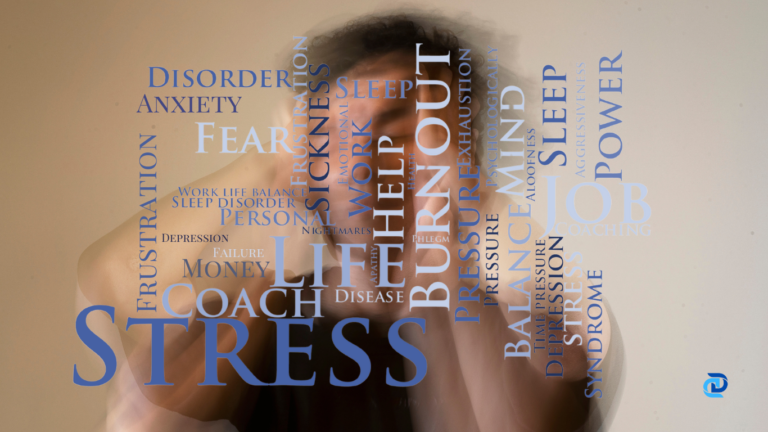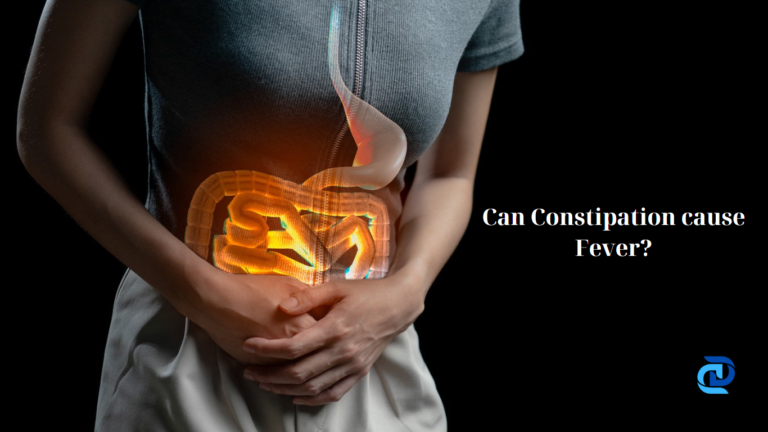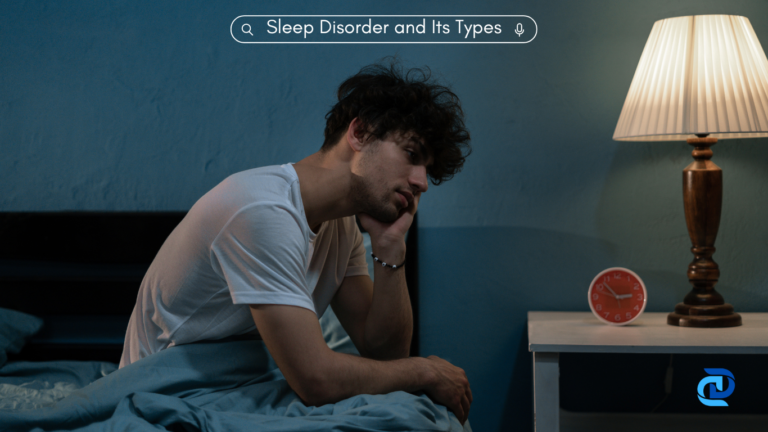Pain in the Solar Plexus

An injured and out-of-balance solar plexus causes pain in the Solar Plexus. There may be odd or uncomfortable feelings in the gut, and one may experience fatigue, digestive problems, and involuntary weight gain. In this article, the autonomy of the solar plexus, its involvement in bodily functions and the causes of pain in the solar plexus will be properly explained.
What is Solar Plexus?
The Solar Plexus also known as Celiac Plexus is composed of a cluster of convoluted nerves or ganglia in the upper abdominal area. The nerve fibers exude from the center of your abdominal area just below the sternum and above the diaphragm in the upper abdominal (stomach) area.
For the people who do yoga, the solar plexus is one of the seven chakras ‘navel or solar plexus chakra’ also known as “Manipura” which means “lustrous gem of the city” or third chakra and is associated with the element of fire. It represents the color yellow, hence it links to fire and, more broadly, the sun.
Where is the Solar Plexus in the body?
The solar plexus, the cluster of fiber nerves is located behind the stomach and in the center of the trunk along the midline of the body at the vertebral level of the thoracic spine. Moreover, it is in front of the largest blood vessel in the body called the aorta.
The solar plexus is part of the autonomic nervous system, involving the sympathetic and parasympathetic systems. Therefore, many abdominal organs for instance liver, stomach, gallbladder, pancreas, spleen, kidneys, intestines, and bowels receive nerve impulses from the solar plexus.
Functions of the Solar Plexus
The solar plexus is an important part of the nervous system because of its ability to communicate between the gut and the brain to survive. From the esophagus, stomach, spleen, gallbladder, small intestines, pancreas, and liver the solar plexus sends signals to the brain and spinal cord known as the central nervous system. The following are the functions of the solar plexus.
- It controls fight and flight responses.
- It stimulates secretions from glands.
- It controls involuntary functions like peristalsis and respiratory functions.
What causes pain in the Solar Plexus?
Researchers have revealed that solar plexus pain has been linked to higher death rates and lower quality of life. There are causes of pain but the most common ones are given below;
- Trauma: A severe blow to the abdominal area may damage the nerves including the solar plexus causing pain.
- Gastric Problems: Ulcer, acid reflux, nausea, vomiting, bloating, and other gastric issues can cause pain in the solar plexus.
- Pulled Muscle: During a workout or any daily activity when an abdominal muscle gets pulled it causes swelling and redness in those muscles leading to pain in the solar plexus.
- Anxiety: There is an association between fight and flight response and their interplay causes difficulty in breathing which leads to pain in the solar plexus.
- Breathing Issue: Insufficient oxygen supply is often caused by stress or anxiety which may lead to pain in the solar plexus. Asthma, bronchitis and other respiratory issues can cause pain in the solar plexus due to difficulty in breathing.
- Pancreatic Cancer: Any pathology affecting the pancreas can cause pain in the solar plexus since the solar plexus is tied to the pancreas.
Other causes of pain in the solar plexus include;
- Organ Failure
- Arthritis
- Diabetes
- Involuntary weight gain
- Hypoglycemia
- Metastatic cancer
- Nerve damage
- Irritable Bowel Syndrome (IBS)
Symptoms of pain in the Solar Plexus
A person suffering from pain in the solar plexus can experience the following symptoms;
- Palpitations
- Intestinal contractions
- Dizziness
- Insomnia
- Heartburn
- Nausea and Vomiting
- Severe stomach pain
- Liver issues
- Colon inflammation
Diagnosis for Solar Plexus pain
If solar plexus pain lasts for more than a week, it is recommended that an individual contact a physician. The doctor will identify the cause through an examination of any recent trauma, ongoing psychological problems, prescribed medication, etc. After that, a thorough blood test will be recommended for measuring blood sugar levels, and an MRI or CT scan will be suggested to look for any abdominal injuries.
Treatment for Solar Plexus pain
The cause of the solar plexus pain will determine the course of treatment. For example, applying ice to the afflicted area, using anti-inflammatories, and getting enough rest are therapies for pain caused by a direct blow, such as receiving a minor chest blow during an athletic activity.
Patients with diseases such as pancreatic cancer, reportedly have constant abdominal and solar plexus pain, and the treatment involves opioid pain management. But, the majority of them inch towards experiencing breakthrough pain and other effects such as constipation.
If the pain develops due to digestive problems, the patient should opt for healthy foods If the pain is because of the muscular nerves then yoga, breathing exercises, and meditation should be done. To deal with the pain resulting from pancreatic cancer, you might decide to do a celiac plexus block. A block prevents the solar plexus nerves from transmitting signals to give pain information. while the block does not eliminate the sensation of pain, it reduces one’s requirement for more potent analgesic drugs, which can in time become addictive.

Strategies to prevent Solar Plexus pain
Solar or celiac plexus pain can result from various factors, and the pain may be present even after diagnosis, depending on the management of the specific condition. Several things could be done to prevent individuals at risk of developing solar plexus pain.
Dietary imbalance leads to conditions such as ulcers, diarrhea, vomiting, burning sensation and bloating all of which stand high chances of bringing out solar plexus pain. Hence, it will be beneficial for an individual to eat a healthy diet such as fruits, green stocks, natural meats, nuts, etc. One can also prevent obesity and strengthen digestion, and metabolism through exercising.
Adequate rest is also needed by those who are facing anxiety and stress as these factors can lead to solar plexus pain. Other exercise types like meditation and Tai chi have proven to be useful in reducing anxiety, tension, and stress levels. In yoga, certain poses and stretching exercises are concentrated on the solar plexus to improve the health of the chakra as it is believed that it is one of the strongest energy centers in the human body.
The Solar Plexus Chakra
The chakras are the seven centers of energy in the human body, going from the head to the feet in the middle of the body. When the chakra is spinning correctly, it conducts energy; however, if the spinning is hindered or there is debris within the chakra site, then one may feel helpless, motionless, or easily angered. Manipura, or the ‘solar plexus chakra’ (or the ‘navel chakra’) is the third chakra in the chart and the life force generating center of the body.
It is directly associated with your self-esteem. This Chakra is linked to self-esteem, purpose, personality, individual willpower, digestion, and metabolism. In its proper functioning, the solar plexus chakra shall make you comfortable with your innate abilities and you will be empowered. You will get a feeling of purpose in life, of its nature, and why you are here on this earth.
Conclusion
Your solar plexus, also known as the celiac plexus, is a network of nerves and ganglia found in the abdomen near the diaphragm and behind the aorta. This nerve center regulates the operation of your abdominal organs, including the liver, pancreas, and gallbladder, as well as your body’s responses to stress.
Pain in the solar plexus is common and can be caused by a variety of conditions, including digestive difficulties, anxiety, stress, and pancreatic cancer. If an individual is suffering pain in the solar plexus, then stretching, taking a balanced diet, and even a celiac plexus block, help alleviate discomfort in the area and reduce the need for pain medications, but, if the pain persists it is recommended to seek the consultation of the doctor.





